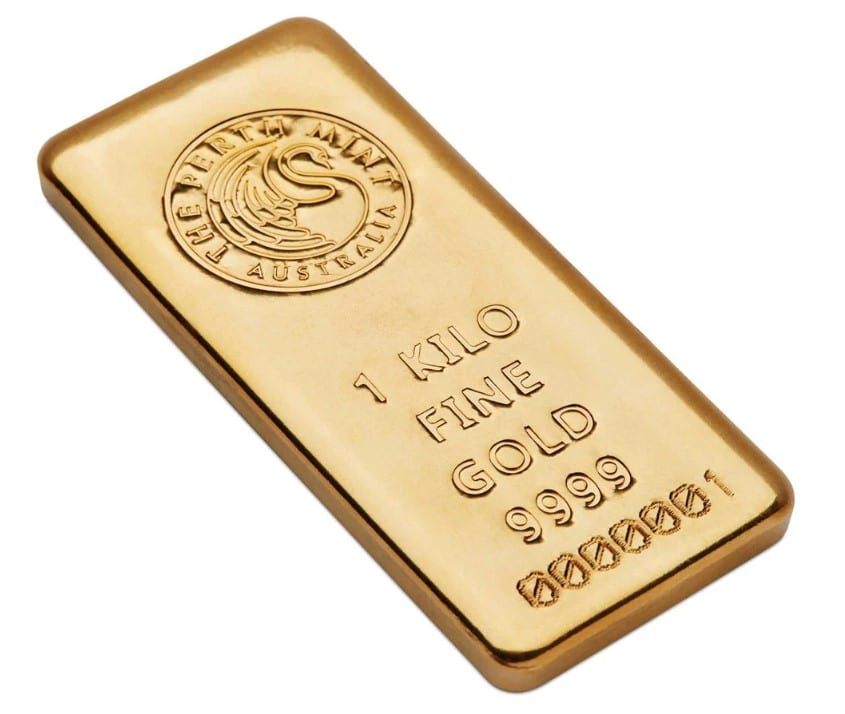





0
As geopolitical risks and fiscal uncertainty mount, gold is regaining its appeal as a dependable store of value — and international central banks are leading the charge.

Analysts at Goldman Sachs have highlighted a notable shift in how governments and investors are managing risk. Traditionally, rising U.S. interest rates would steer investors toward government bonds, reducing demand for non-yielding assets like gold. But that long-standing trend appears to have changed.
The turning point, according to Goldman commodity strategist Lina Thomas, came in early 2022 when Western nations froze the Russian central bank’s foreign-held reserves in response to the invasion of Ukraine. This move signaled that assets like U.S. Treasuries and euro reserves — once considered immune from political interference — could be restricted under certain circumstances.
“This shook global confidence,” Thomas said during a recent webinar. “If your reserves can be frozen, they’re not truly safe.” In response, countries with substantial exposure to Western assets began to diversify — with many turning to gold.
Central banks were already accumulating gold before 2022, buying about 17 tons per month on average. That number has since jumped to over 90 tons monthly in 2024, driven largely by countries like China and Russia. China, the world's top gold producer, is seeking to boost gold to 20% of its foreign reserves, while Russia, despite being a major seller, is routing exports through intermediaries such as Armenia and Kazakhstan.
Goldman Sachs projects that this aggressive buying could continue through 2026, potentially pushing gold prices as high as $4,000 per ounce — a significant increase from current levels near $3,400. This is not only due to increased demand, but also to limited new supply: gold mining adds only about 1% to global stock each year.
Even if global tensions ease, Thomas believes the shift is likely permanent. “Once trust in a safe haven breaks down, rebuilding it can take decades,” she said. Central banks are unlikely to reverse course quickly, as gold allocations are seen as a long-term safeguard.
When comparing gold to alternatives like bitcoin, silver, or oil, gold appears to offer a more stable risk profile. Bitcoin, while limited in supply, is closely tied to tech stock movements and suffers from high volatility. Silver, though valuable in industrial applications, lacks status as a central bank reserve and is more cumbersome to store. Oil, meanwhile, faces uncertain demand trends and price volatility.
Gold also has practical advantages. It's compact, doesn’t degrade, and is recognized universally as a monetary asset. According to Thomas, central banks benefit further as the price rises — higher valuations allow them to meet their allocation targets with fewer physical reserves.
Daan Struyven, co-head of global commodities research at Goldman, added that while both gold and bitcoin are seen as hedges against inflation, gold’s lower correlation to equities makes it the preferred choice in times of economic stress.
In today’s climate of high debt, geopolitical friction, and eroding confidence in traditional financial instruments, gold’s role is being redefined. A relatively small part of the global market, even modest increases in institutional demand could have an outsized effect on prices.
And as Thomas puts it: once the world crosses the line into valuing gold again, there may be no going back.
Disclaimer: The information contained herein (1) is proprietary to BCR and/or its content providers; (2) may not be copied or distributed; (3) is not warranted to be accurate, complete or timely; and, (4) does not constitute advice or a recommendation by BCR or its content providers in respect of the investment in financial instruments. Neither BCR or its content providers are responsible for any damages or losses arising from any use of this information. Past performance is no guarantee of future results.
More Coverage
Risk Disclosure:Derivatives are traded over-the-counter on margin, which means they carry a high level of risk and there is a possibility you could lose all of your investment. These products are not suitable for all investors. Please ensure you fully understand the risks and carefully consider your financial situation and trading experience before trading. Seek independent financial advice if necessary before opening an account with BCR.